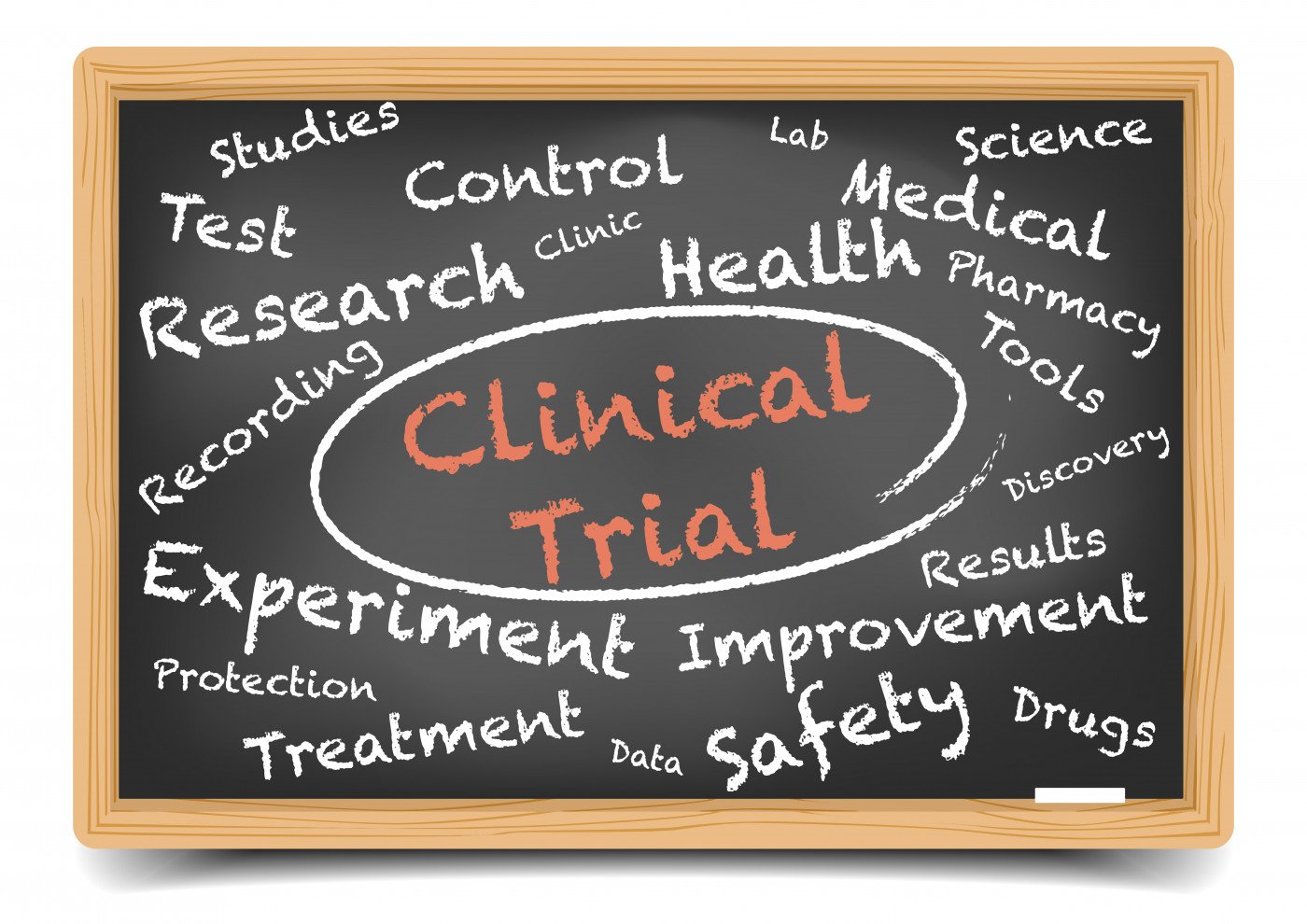Ovid Starts Phase 3 Trial of Experimental Therapy for Kids with Angelman

Ovid Therapeutics has initiated the pivotal Phase 3 NEPTUNE trial to evaluate the experimental small molecule OV101 for the treatment of Angelman syndrome.
The trial expects to enroll approximately 60 children ages 4–12, with enrollment set to begin during the third quarter of 2019 and top-line data to be available by mid-2020.
Trial results are intended to back up Ovid’s plans to submit a New Drug Application (NDA) to the FDA, seeking approval of OV101 to treat Angelman syndrome patients.
OV101, also called gaboxadol or THIP, is a small molecule derived from a compound called muscimol, which is naturally found in a mushroom (Amanita muscaria). Given orally, it selectively activates GABA receptors located on the surface of nerve cells outside the synapse — the region between two nerve cells that allows them to communicate — and restores tonic inhibition, allowing the brain to balance different types of neurological signals generated by nerve cells.
“Following productive discussions with the FDA, we have initiated our pivotal Phase 3 NEPTUNE clinical trial in patients with Angelman syndrome, which provides a clear path to registration,” Jeremy Levin, PhD, MB, BChir, Ovid’s chairman and CEO, said in a press release.
Promising results from the Phase 2 STARS study (NCT02996305), showing that OV101 improved sleep, behavior, and motor abilities in adolescents and adults with Angelman syndrome, encouraged Ovid to move forward to NEPTUNE. Following an end-of-phase 2 meeting with the FDA in 2018 and a subsequent type C meeting in 2019, the way was cleared to initiate the trial.
NEPTUNE is a global, 12-week, randomized, double-blind and placebo-controlled study. Participants will be randomly assigned to receive either oral OV101 or placebo, once daily. There is a single primary endpoint, or outcome measure to evaluate OV101’s efficacy — the change in CGI-I-AS scores following treatment with OV101.
This scale is based on CGI-I, a tool developed by the National Institute of Mental Health (NIMH) to address clinicians’ views of the patient’s clinical state before and after initiating a study medication. Ovid optimized this scale to specifically evaluate Angelman symptoms, naming it CGI-I-AS.
“We have renamed the scale CGI-I-AS to reflect the fact that relevant anchors and training materials are specific to Angelman syndrome. The use of CGI-I-AS as a sole primary endpoint is important. As was demonstrated in the Phase 2 STARS trial, the CGI-I scale is designed to detect change from baseline in each individual in a disorder with substantial clinical heterogeneity,” Levin said.
Secondary endpoints will assess OV101’s benefit to improve sleep, communication, motor skills, socialization, daily living skills and behavior.
A limited number of children, ages 2 to 3, will also be enrolled to study OV101’s pharmacokinetics (distribution and elimination of a compound in the body) along with its safety and tolerability.
Meanwhile, the open-label extension ELARA trial (NCT03882918) will continue to enroll patients who previously completed a trial with OV101 to evaluate the compound’s long-term (52 weeks) safety, tolerability, and efficacy.
Those who participated in the STARS trial are eligible to enter the study, as well as those who completed OV101’s Phase 1 study (NCT03109756).
Ovid also reached agreement with German regulatory authorities — the Federal Institute for Drugs and Medical Devices (BfArM) — who approved the trial’s design and the use of CGI-I-AS as the primary endpoint. A meeting with the EU’s Committee for Medicinal Products for Human Use (CHMP) is also planned for the second half of 2019 to discuss the regulatory approval pathway for OV101 in Europe.
Ovid is also investigating OV101 for the treatment of Fragile X syndrome, another genetic neurological condition that can affect children.
The FDA granted OV101 orphan drug designation in September 2016 to treat Angelman syndrome. Just recently, the European Commission also granted orphan drug status to the experimental treatment.






